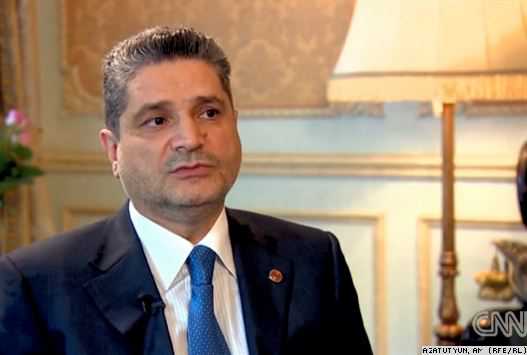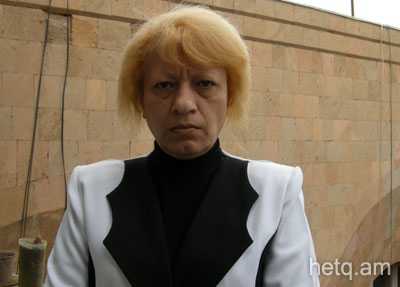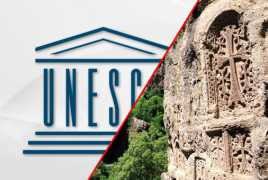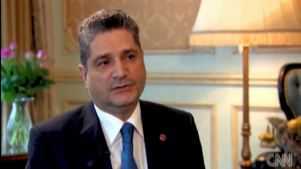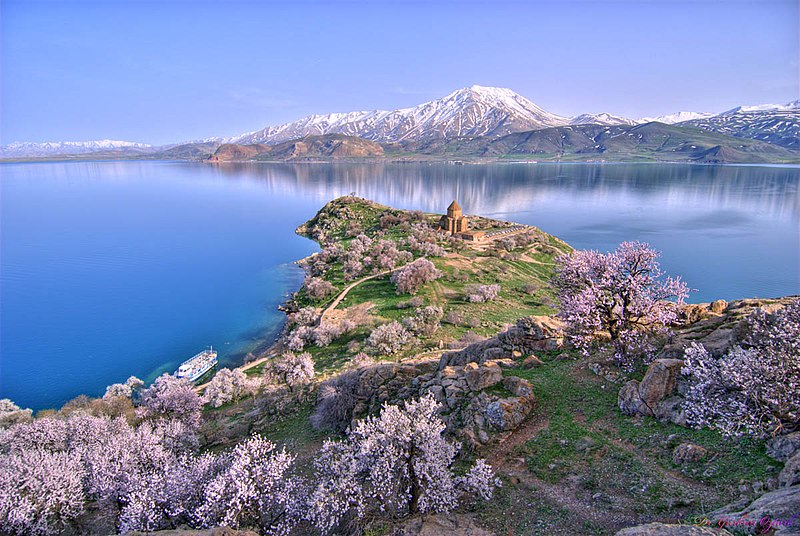Washington. Isabel Levine – APA. Turkey and its foreign policy have been in the focus of numerous think tanks and political analysts in Washington DC this week, APA’s US correspondent reports.
Turkey will continue supporting peace and stability in the South Caucasus and supporting Azerbaijan’s position in Nagorno-Karabakh negotiations, the analysts agreed.
Steven Cook of the Council on Foreign Relations said at the conference “Turkey’s June 2011 Elections: What’s Next?” at SETA Foundation said the three major determinants of Turkish foreign policy are Turkey’s economic ambitions to become a trading state, the process of becoming a more open and democratic society, and global changes overall.
According to him, Turkey will strengthen its positions in the South Caucasus and will continue its mediation policy. He also talked about Turkey’s position during the Arab uprising.
Another expert, Duran Ogur, believes, Turkey will try to strengthen both political and economical ties with Azerbaijan as it relies on this country.
Analysts at a another conference “Turkey After the June 12 Elections: Challenges and Opportunities” at the Carnegie Endowment for International Peace said Turkey understands Nagorno-Karabakh conflict remains a concern for Turkey and the country will continue its efforts to bring a peaceful solution to it.
In their turn, political experts Rumi Forum conference “Turkey Decides: The Effects of the 2011 Turkish Elections on Domestic and Foreign Policy” said Turkey’s role in the region may indeed increase. They noticed Turkey’s role in promoting economical development and trans-regional ties in the area.
Azerbaijan’s role as an energy and trade partner will increase as well, analyst Chris Gremers said. According to him, as soon as Nagorno-Karabakh conflict is resolved, Azerbaijan, as well as other countries in the region, will have more chances to develop.
Fuat Keyman, Director of Istanbul Policy Center and Professor of International Relations, Sabanci University, said at a Woodrow Wilson International center for Scholars conference that after the election process is over in Turkey a lot depends on Turkey’s next steps.
Other analysts said it is expected that Turkey will be paying much more attention from now on to its foreign policy and regional policy specifically.
Changes and major priorities of Turkish foreign politics were also discussed at a Brookings Institution conference titled as “Assessing the Outcomes of Turkey’s Elections”.
via APA – American analysts: Turkey will try to strengthen both political and economical ties with Azerbaijan as it relies on this country.


